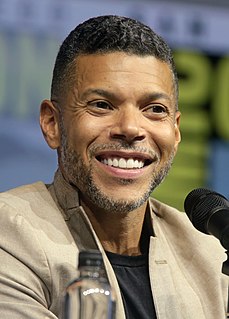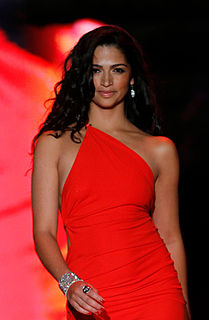A Quote by Alexandria Ocasio-Cortez
If you're differently-abled, if you're a person of color, if you express your identity in a way that's different from the norm, for whatever reason, there's an implicit bias where people, frankly, sometimes take you less seriously.
Related Quotes
Everybody's going to do the 3D slightly differently the same way that people are going to deal with color differently. Some movies downplay the color, some color is very vibrant. Color design is very different. We've got to think of 3D like color or like sound, as just part of the creative palette that we paint with and not some whole new thing that completely redefines the medium.
There are different groups of people in your life that you behave slightly differently with. You behave one way with your family. You behave in a different way with your work colleagues. You behave differently with your friends from the movie club, your fitness instructor - all subtly different personas.
When we talk about LGBT characters on TV we're talking about the entire rainbow, and that includes trans people, and that includes non-binary people, people of color, women, differently-abled people. There is so much opportunity for storytelling there, and I hope that we continue to see more of that.
You can change your body shape by permitting yourself to exercise and eat a healthy diet and so on - and we've heard miraculous stories of people who have lost hundreds of pounds, and they look like a completely different person - but that's not the norm for the average person, and a lot of times, people don't get that way in a healthy way.
The average person might articulate them differently, but we all think about interpersonal relationships in one way or another. Writers just express that in different ways and capture it in different ways. To some degree, we're all thinking about the same things. It's the zeitgeist. The trick, in a way, as a writer, is to hope that your interests in some sense link up with the culture around you.
Women inspire me. Women in the airports, around the country in different cities, destinations around the world, inspire me with the way they express their individuality. I love watching women and discovering all the ways each person uses a color, pattern, a style, even a lipstick color. I'm a people watcher.
I think whatever you believe in affects whatever you express, whatever you create. It shapes your morality in some way. But I don't think that's something that you have to shove down people's throats. I'd rather keep it in the background, and I'd rather people came to the music in an unprejudiced way. I'm glad, in a sense, that most people don't know about me, what I do, much. I'd rather they hear the music, and then say, "I wonder what kind of person created this."


































